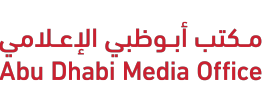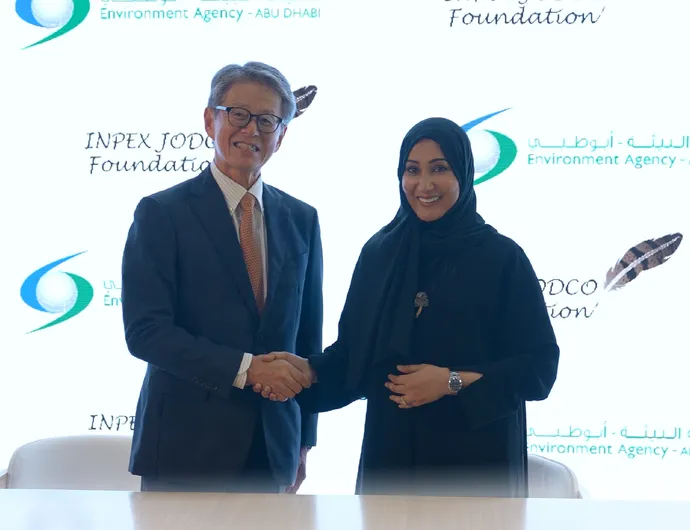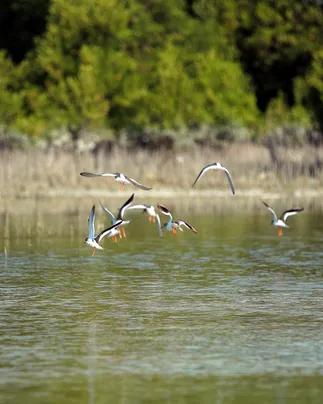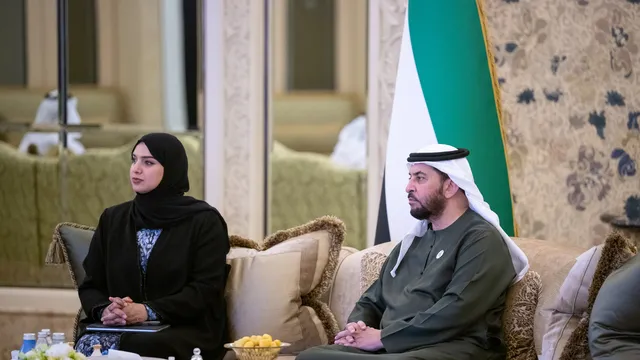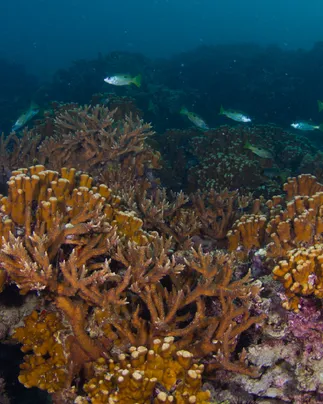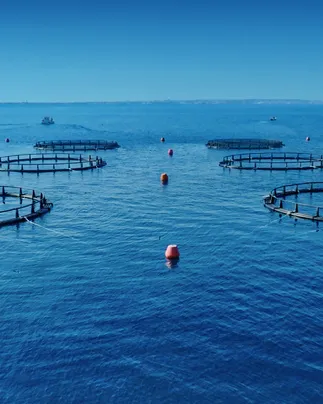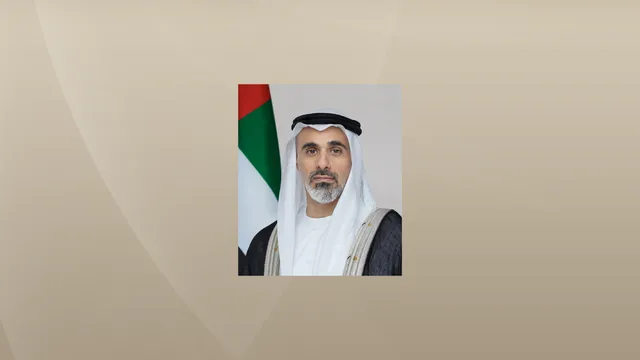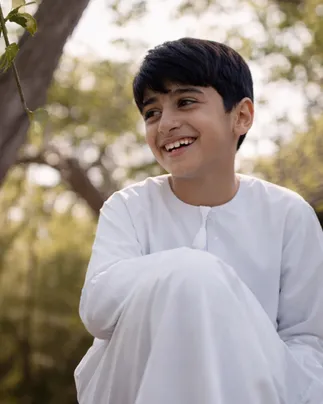Under the patronage of His Highness Sheikh Khaled bin Mohamed bin Zayed Al Nahyan, Crown Prince of Abu Dhabi and Chairman of the Abu Dhabi Executive Council, the Environment Agency – Abu Dhabi (EAD) and the INPEX JODCO Foundation have signed a Memorandum of Understanding (MoU) to advance the conservation of raptor species and promote cultural collaboration between the United Arab Emirates and Japan.
The agreement builds upon a successful pilot project conducted in Japan between 2024 and 2025 and will expand efforts to protect falcons and other raptors across both nations through joint scientific research, habitat protection and educational outreach.
The MoU was signed during the IUCN World Conservation Congress 2025 by Her Excellency Dr Shaikha Salem Al Dhaheri, Secretary-General of Environment Agency – Abu Dhabi (EAD), and Hiroshi Fujii, Representative Director of the INPEX JODCO Foundation.
The signing marks a new phase in bilateral cooperation, bringing together Abu Dhabi’s leadership in wildlife protection and Japan’s advanced scientific expertise to address global biodiversity challenges while celebrating a deep respect for nature shared by both cultures.
As part of the MoU, the partners will expand raptor research and conservation programmes in Japan and the UAE. Activities will include the installation of artificial nests equipped with monitoring cameras in Japan to study breeding behaviour, population dynamics and habitat use. In the UAE, the collaboration will leverage the Abu Dhabi Falcon Hospital’s advanced expertise in avian medicine and scientific research to support the rehabilitation of peregrine falcons and other raptor species. It will also include specialised training for Japanese zoo staff, fostering the exchange of knowledge and best practices in raptor care and conservation.
Her Excellency Dr Shaikha Salem Al Dhaheri, Secretary-General of Environment Agency – Abu Dhabi (EAD), expressed her gratitude and appreciation to His Highness Sheikh Khaled bin Mohamed bin Zayed Al Nahyan for his continued support of EAD’s efforts and initiatives to protect the environment, and for fostering local and international cooperation and partnerships that advance environmental protection and sustainability goals.
Her Excellency said: “Our collaboration with the INPEX JODCO Foundation extends beyond science; it connects heritage, innovation and shared respect for nature. Raptors, especially falcons, are symbols of resilience and cultural identity for our nation. Through this partnership, we are combining Abu Dhabi’s world-class conservation expertise with Japan’s scientific excellence to protect these remarkable species and the ecosystems that sustain them. By working together, we not only safeguard biodiversity but also strengthen the bridge between our two cultures, uniting knowledge and tradition in the service of sustainability.”
Hiroshi Fujii, Representative Director of the INPEX JODCO Foundation, said: “We are especially grateful for the gracious patronage of His Highness Sheikh Khaled bin Mohamed bin Zayed Al Nahyan, whose support lends great significance and momentum to this collaboration. The Raptor Conservation Project reflects our deep commitment to advancing environmental research while fostering mutual understanding between Japan and the UAE. Building on the success of our pilot project, this new phase allows us to expand conservation efforts, share scientific insights and celebrate the cultural heritage that both nations hold dear. We are proud to partner with the Environment Agency – Abu Dhabi to promote a future where tradition and technology work hand in hand to protect wildlife and inspire future generations.”
The project will generate data to inform species management guidelines, improve understanding of habitat conditions, population status and breeding patterns, and enhance public awareness through school programmes, exhibitions and community engagement.
It also incorporates cultural elements that highlight the importance of falconry in Emirati heritage which is recognised by UNESCO as part of the Intangible Cultural Heritage of Humanity and Japan’s long-standing cultural reverence for harmony with nature.
It is worth noting that EAD, through the Sheikh Zayed Falcon Release Programme (SZFRP), has successfully returned 2,355 falcons, including both Saker and Peregrine falcons, to the wild within their natural migration ranges since the programme’s inception. Recognised as one of the world’s leading initiatives for restoring endangered wild species, the programme reflects the enduring legacy of the late Founding Father, Sheikh Zayed bin Sultan Al Nahyan, and underscores the leadership of Abu Dhabi and the UAE in safeguarding nature and conserving biodiversity to ensure both environmental sustainability and human well-being. The initiative seeks to increase falcon populations and protect them from threats posed by expanding human activities, shrinking natural habitats, unsustainable breeding practices, climate change and other factors that place these majestic birds at risk of extinction.
